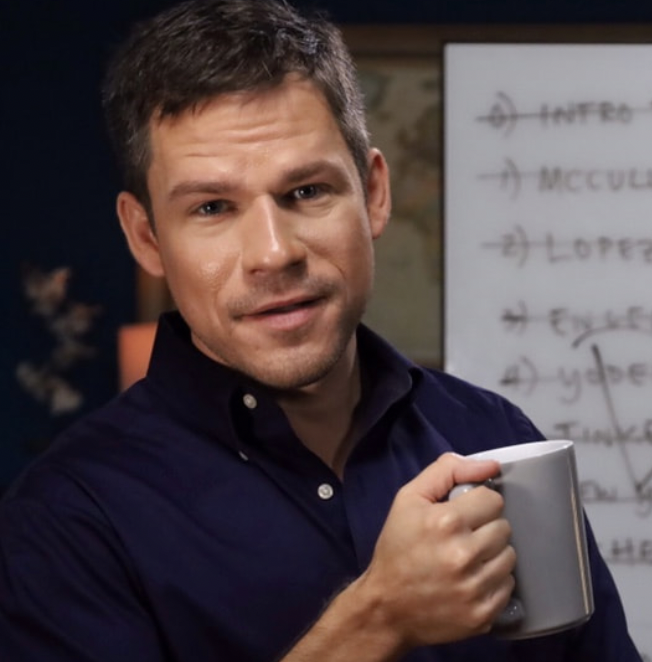"Populism may be bad for policy, but it is good for democracy," Babones argues as he casts Trump's election as a step in the right direction - not the wrong direction - for the United States government. In my our recent live chat, Babones pointed to the rise in political participation and the massive turnout in the 2018 midterm election as evidence that Trump's presidency has resulted in an American democracy that is much more vibrant and inclusive than it was before the 2016 election. It is only through this kind of citizen engagement that the United States government can become, as Lincoln envisioned, a government "of the people, by the people, for the people." Donald Trump may not be a president for all Americans, but he is a president for many Americans who have felt overlooked by their government. The recent rise in political participation on both sides of the political spectrum can only lead to a future government that is more responsive to the entire body politic - a far cry from dark visions of a totalitarian future that others have seen on the horizon.
Babones casts populism as a "purgative" that is occasionally necessary in any democratic society - especially when that society's government has become dominated by the expert class. The masses in the United States, as well as Europe, have grown tired of being told by their government that their concerns about trade and immigration are unfounded and do not deserve government action. It is only by listening to the people that Western governments can reclaim the mantle of democracy that is the greatest political achievement of the modern world.
This is not just a book about an election and its consequences. This book has applications to many facets of American life from the perspective of a trained sociologist, including my own field of education. I found Babones' comparison between "independent thinking" and "critical thinking skills" to be especially relevant to my experience as a history teacher. In recent years, we hear less about independent thinking - teaching students to think for themselves - and more about teaching critical thinking skills - teaching students to master specific ways of thinking that have been determined by someone else. This is very apparent in recently redesigned Advanced Placement courses, such as AP United States History, that now have exhaustive course descriptions that focus the attention of students and teachers on highly specified content and "historical thinking skills." Gone are the days when a brilliant history student could post a high score on an AP exam by writing thought-provoking essays that reflect "outside the box" approaches to communicating historical knowledge. Students wishing to do well on AP exams must now master the format of the exam in order to have any serious chance of success.
The "tyranny of experts" that Babones mentions in the subtitle is not only apparent in the overly technical and burdensome curricular requirements of AP courses, but in matters of historical interpretation, as efforts are being made to make the humanities operate by the same rules as the sciences. In a chemistry lab, one should listen to the instructor and expect a lab experiment to come out as planned if done correctly. But history is much more subjective - or at least, it has been in the past. In recent years, there has been an effort to bring the general public into line with the current professional scholarly consensus that the American Civil War was caused by slavery and that other factors (e.g., states' rights, tariffs, political culture, etc.) are too insignificant to warrant substantive discussion. A 2017 article in the Washington Post appears to ridicule the general public for not being in agreement with the judgment of experts on question whose answer depends on a degree of subjective interpretation. In the eyes of the elite, it does not matter what the general public thinks about the causes of the Civil War - leave these things to the experts!
Both our political and education systems are long overdue for a restoration of an open dialogue between people with differing perspectives and a renewed respect for the thoughts of ordinary people. As long as a self-proclaimed expert class continues to feel entitled to dictate to the rest of us how to think, our society will continue to be more authoritarian than democratic, and we will see more populist reactions on the horizon. However, if our society is restored to its democratic principles, we may yet see another day when an open dialogue is restored and independent thought is once again valued in our free society. As an American, I appreciate Babones' faith that such a restoration is not only possible, but that we are on a trajectory toward it.
1 Comment
Doug
2/13/2019 11:53:25 am
Hi Tom, I came across your video on William Farra today interesting because like you he is my 10th great grandfather.
Reply
Your comment will be posted after it is approved.
Leave a Reply. |
Tom RicheyI teach history and government Archives
May 2023
Categories
All
|


 RSS Feed
RSS Feed